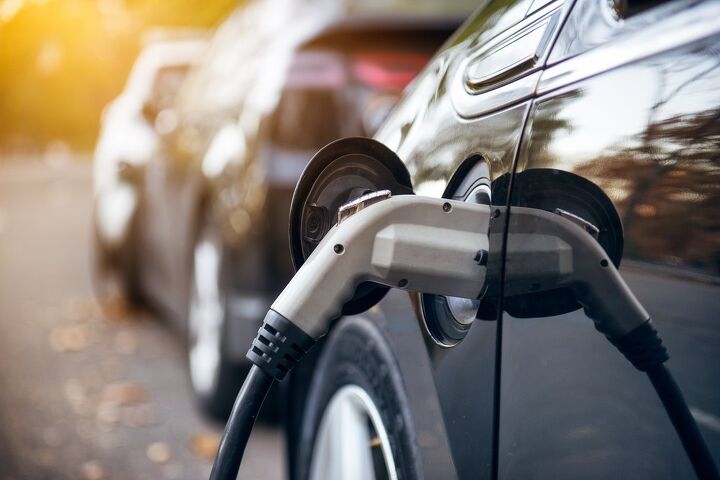Electric vs. Gasoline Cars: Uncovering the Real Climate Savior
Contrary to common misconceptions, electric vehicles (EVs) generally have a smaller carbon footprint compared to traditional gasoline cars. This advantage remains true even when considering the electricity utilized for charging EVs. One key distinction is that EVs produce no direct tailpipe emissions. However, the production of electricity for EV charging can result in carbon emissions, depending on the energy source.
The carbon pollution from electricity varies based on local energy production methods. For instance, electricity generated from coal or natural gas is associated with higher carbon emissions, while renewable sources like wind or solar energy contribute negligible carbon pollution. Despite the variance in electricity production methods, studies indicate that EVs are typically linked to lower greenhouse gas emissions than the average new gasoline vehicle.
The shift towards renewable energy sources further enhances the environmental benefits of EVs. As more renewable energy sources are integrated into the power grid, the overall greenhouse gas emissions associated with EVs can be further reduced. Notably, in 2020, renewable energy sources rose to become the second-most dominant source of electricity in the United States.
Tools to Measure Your EV's Environmental Impact
The Environmental Protection Agency (EPA) and the Department of Energy (DOE) offer valuable resources for assessing the environmental impact of EVs. The EPA's Power Profiler is an interactive tool that provides information about the electricity production mix in different regions. By entering a zip code, users can understand the specific energy sources powering their local area.
Additionally, the Beyond Tailpipe Emissions Calculator, developed by the EPA and DOE, is a user-friendly tool designed to estimate the greenhouse gas emissions from charging and driving an EV or a plug-in hybrid electric vehicle (PHEV). This tool allows users to select specific EV or PHEV models and input their zip code to compare the CO2 emissions from these vehicles with those from gasoline cars. These tools empower individuals to make informed decisions about the environmental impact of their transportation choices.
This article was co-written using AI and was then heavily edited and optimized by our editorial team.
More by TTAC Staff
Latest Car Reviews
Read moreLatest Product Reviews
Read moreRecent Comments
- Varezhka Dunno, I have a feeling the automakers will just have the cars do that without asking and collect that money for themselves. Just include a small print in your purchasing contract.I mean, if Elon Musk thinks he can just use all the Teslas out there for his grid computing projects for free, I wouldn't be too surprised if he's already doing this.
- Varezhka Any plans yet for Stellantis to wind down some of their dozen plus brands? I mean, most of their European brands (except Fiat and Maserati) are not only 80~90% European sales but also becoming old GM level badge jobs of each other. Lots of almost identical cars fighting within the same small continent. Shouldn't they at least go the Opel/Vauxhall route of one country, one brand to avoid cannibalization? The American brands, at least, have already consolidated with Dodge/Chrysler/Jeep/RAM essentially operating like a single brand. An Auto Union of a sort.
- Namesakeone I read somewhere that Mazda, before the Volkswagen diesel scandal and despite presumably tearing apart and examining several Golfs and Jettas, couldn't figure out how VW did it and decided then not to offer a diesel. Later, when Dieselgate surfaced, it was hinted that Mazda did discover what Volkswagen was doing and kept quiet about it. Maybe Mazda realizes that they don't have the resources of Toyota and cannot do it as well, so they will concentrate on what they do well. Maybe Mazda will decide that they can do well with the RWD midsized sedan with the inline six they were considering a few years ago
- IH_Fever A little math: An average, not super high end EV (like a model 3) has 70 kwh of storage assuming perfect fully charged conditions. An average 2-3 person home uses roughly 30 kwh per day. So in theory you have a little over 2 days of juice. Real world, less than that. This could be great if your normal outage is short and you're already spending $50k on a car. I'll stick with my $500 generator and $200 in gas that just got me through a week of no power. A/c, fridge, tv, lights, we were living large. :)
- EBFlex No. The major apprehension to buying EVs is already well known. The entire premise of the bird cage liner NYT is ridiculous.The better solution to power your house when the power goes out is a generator. Far more reliable as it uses the endless supply of cheap and clean-burning natural gas.


































Comments
Join the conversation